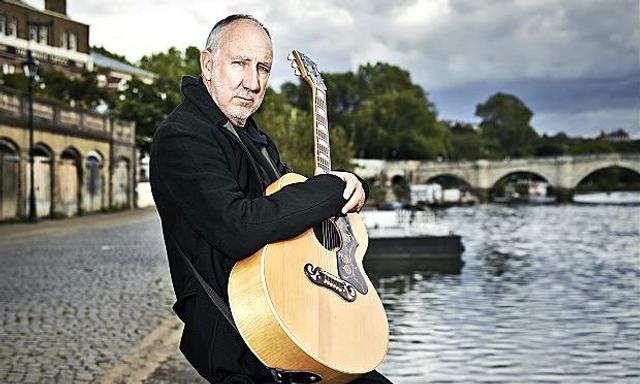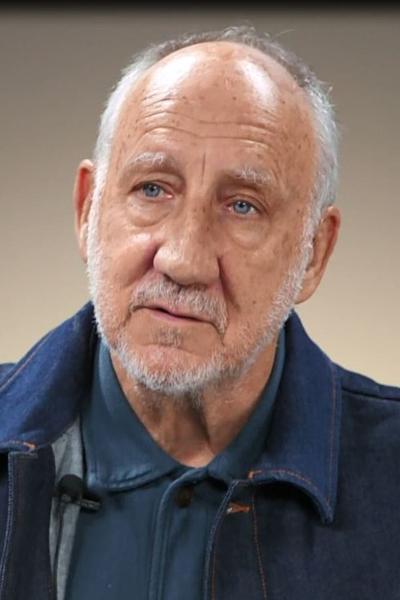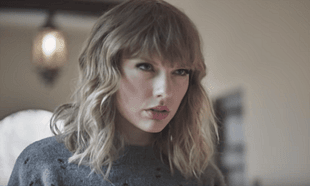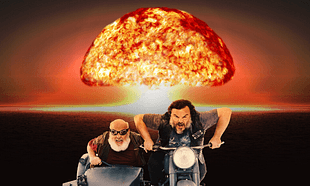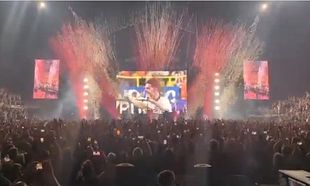THE Who, one of rock’s legendary and defining bands, will play The O2 this Saturday (8th June) where they’ll perform their iconic 1973 double album Quadrophenia in its entirety, along with a selection of Who classics.
The tour follows on from a hugely successful North American, tour, praised by press and fans alike as probably the definitive interpretation of Quadrophenia and "a rock 'n' roll lover's dream come true", according to telegram.com.
This new concert version of Quadrophenia, personally directed by The Who's Roger Daltrey, focuses on the original album and replaces the narrative used in previous stage versions with powerful imagery projected on an array of massive screens, designed to support, complement and propel the musical content of the work by setting it in the context of the history of the band. This is achieved to startling effect. "Quadrophenia and its coming-of-age story unfolded in songs that blended nuance and noise, a spectacle grand and gritty," writes the Orlando Sentinel.
Pete Townshend, along with singer Daltrey, are the two surviving members of The Who since their formation in 1964 and he had a few words to say about the upcoming tour. Also, check out the video at the bottom of the page to listen to Townshend's thoughts on Ireland.
Why do you think the music, the themes of “Quadrophenia”--both the album and film adaptation--resonate so strongly today?
In 1972 I was twenty-eight, writing about London and Brighton in 1963 and 1964 when the band was just starting. I was still young enough to remember how it felt to be sixteen or seventeen, and at war with my parents, bosses and authority. I could still remember that feeling of struggling to fit in, something that happened to me when I was even younger, around fourteen, and everyone around me seemed to have got their lives on track. This is such a universal experience for young people that it has echoed.
In this singles-driven digital age, there are artists now singing the praises of the album as an art-form and playing their own albums from front-to-back onstage. Since ‘Quadrophenia’ represents the album aesthetic in its highest form, what are your thoughts about the importance of albums these days for artists and audiences?
Mod was over in the South of England by the spring of 1965, and in a sense the band had changed too. We were less pure, less an R&B band and becoming more of a singles-oriented pop band. So there is an irony in the fact that when I decided we needed to reconnect with that vitally important and colourful period of our career, and our lives as young men trying to pursue a dream of becoming famous and respected, I realised I would need a double album. I'm pleased to hear about artists who uphold the album as an art-form.
Which are your favorite songs from Quadrophenia to perform live and why?
I really love playing all of it. It's a unique piece for me in that. Some Who music is nightmarish to perform live. Roger has some very tough songs to sing, and he must have preferences. But for me on guitar everything falls under the fingers. It flows naturally, and I always feel proud of my achievement as the writer, that I put it all together and gave the band a third wind. The real high point for me is always the final song ‘Love Reign O'er Me.’ Roger and I now stand almost alone together, representing not only the original band, but also its Mod audience, and of course all our other early fans. We are connected by it, in what is the most clear cut prayer for redemption, and it feels like an acknowledgment that rock music has managed to deal with the highest emotional challenge: spiritual desperation.
What else can fans expect to hear on the upcoming tour?
We plan to close the show with a few of the really well-known anthems, and maybe some last minute surprises. These will be as much a surprise to me as to our audience because this is an area I tend to leave to Roger; he's very good at it.
